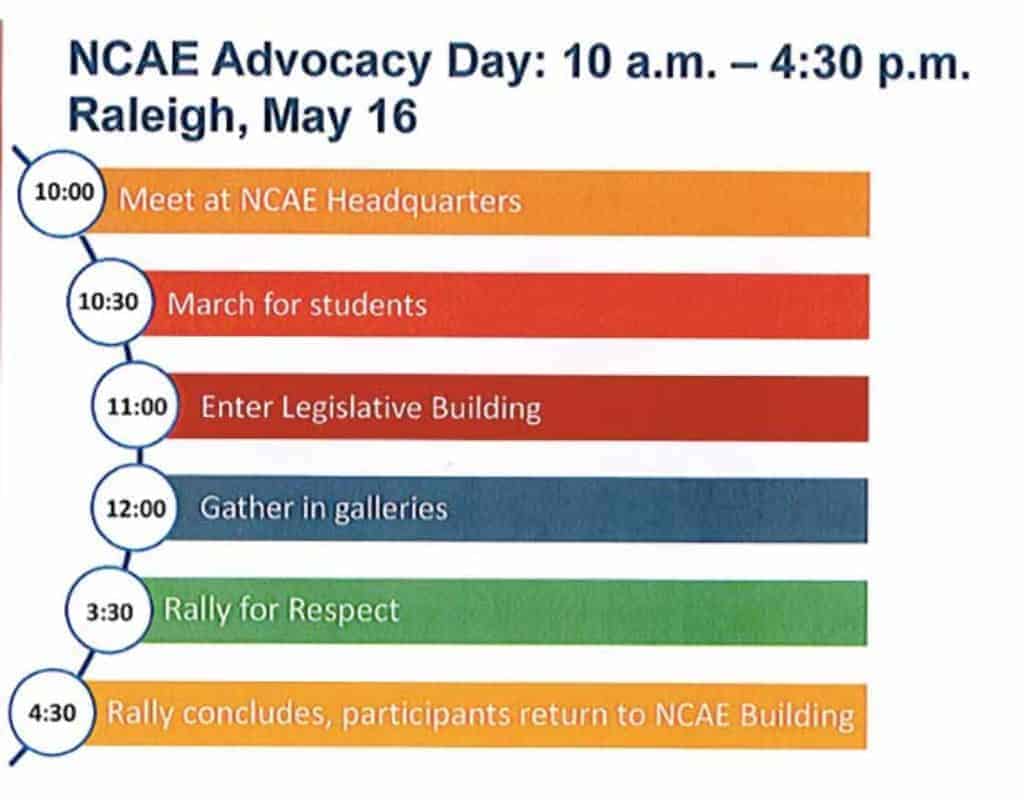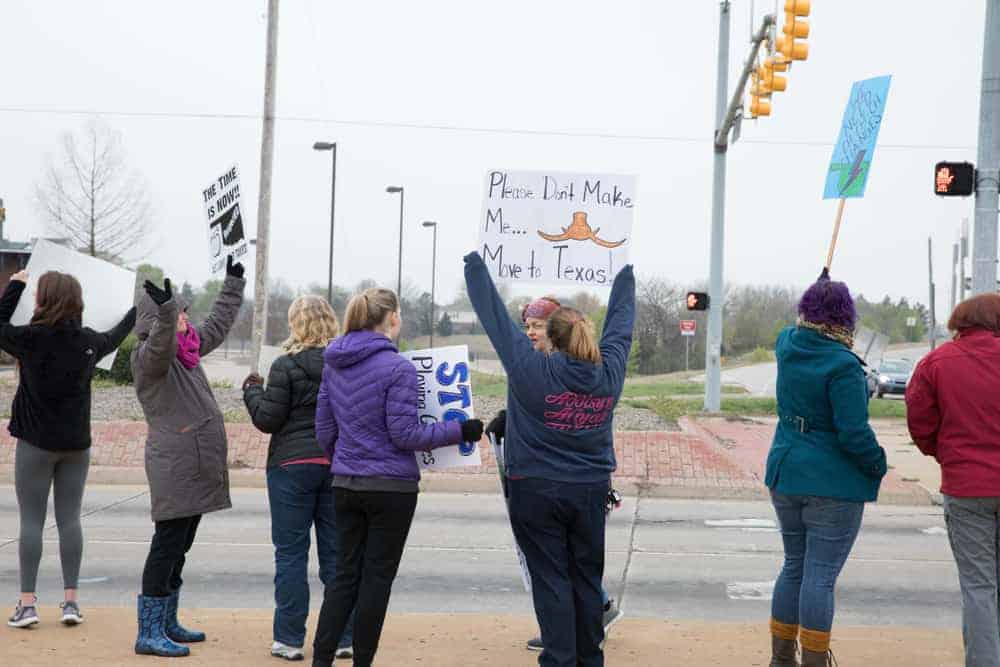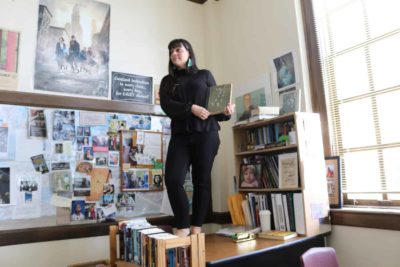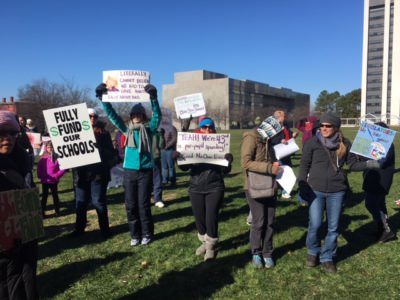In their quest to score political points, North Carolina school district leaders putting a lot at risk.
Last week, more than 1,000 teachers in Durham told their principals that they’re planning to take the day off on May 161 to rally in Raleigh for better pay and more spending on facilities.




That decision seems to be a spark that’s spreading to other urban counties across the state. Districts that at first said they’d hold classes as normal are feeling like they have to earn their liberal bona fides by canceling school.
The next dominoes to fall: The Chapel Hill-Carrboro City Schools district voted Thursday to cancel classes as well. About 100 teachers there had said they’d take the day off.
Update: On Friday, Charlotte-Mecklenburg Schools voted to cancel school for the day as well, saying more than 2,000 of their teachers and staff had requested a personal day.
Buncombe County, Guilford County and Winston-Salem/Forsyth will all be affected to some extent as well — but it’s unclear how much.
Are these districts putting partisanship over the well-being of North Carolina’s children?
I won’t litigate in this article whether the teachers are justified in protesting. I’ve covered the state of N.C. education and recent moves in ed policy here. The short answer is that things are not where they need to be, but have taken big strides forward in recent years.
I’ll speak specifically on the form of the protest.
In Durham alone, there are some 20,000 children who are at risk of going hungry that day because they get free breakfast and lunch at school. Some churches are saying they’ll help out with that — but there are certain to be students who fall through the cracks.
In a state where only 33% of eighth-graders are reading proficiently, every day of instruction counts.
Working parents will have to scramble to find childcare, potentially missing out on pay for the day and putting their jobs in jeopardy. Some children will undoubtedly be unsupervised for the day.
Even school employees like bus drivers will lose a day’s pay — and they’re close to the poverty line as it is.
Then there are the mandatory International Baccalaureate exams that must be taken that day3. There is currently no plan for how students who have studied hard all year will be able to take them and earn their college credit.
It’s baffling that the liberal part of the state seems to want a mass teacher strike.
I don’t want to make too much about a single day of action, even if it is on a school day.
But it’s impossible to ignore that this protest in Raleigh comes as teachers have walked out or gone on strike in West Virginia, Arizona and Oklahoma.
Something like that in North Carolina would be crippling to the entire state. Reasonable people should hope it doesn’t happen here.
School districts are not held hostage here.
Teachers are not legally allowed to go on strike in North Carolina, and that’s why the N.C. Association of Educators is playing a sort of charade with this action.
The teachers who are going to march on Raleigh are requesting one of the two days of “personal leave” they’re allowed each year. When they do, teachers are required by the state to pay $50 toward the cost of the substitute teacher, so the lobbying group is promising to reimburse them if they’re asked to pay up4.
School districts that are canceling classes aren’t forced to do this. State law does say that teachers are to be “automatically granted” their personal leave if the request is made more than 5 days in advance, but the law goes on to say that it’s only “subject to the availability of a substitute teacher.”
Presumably, school districts could go through the roster of subs, and then say “sorry not sorry” to any more teachers wanting to leave.
School districts are run by elected school boards, though. Most are technically nonpartisan but are dominated by Democrats in urban counties. It’s easy to see why their judgment would be clouded.
What else is at risk?
The state legislature so far has stayed mum on how they plan to react. It’s still unclear if this is going to be a one-day thing — or how many districts will end up canceling school.
In other states facing teacher protests, lawmakers have considered stripping teachers of their licenses or filing lawsuits.
Don’t expect North Carolina to do the same, at least not at first. The General Assembly is still licking its wounds from the House Bill 2 fiasco and seems wary to be so reactive again.
But if they were to take action, I’m not so sure it would be a bad thing in the eyes of the voters. The N.C. Association of Educators is already at risk for alienating voters by pushing for what’s essentially a teacher walk-out.
The reasonable middle part of the electorate could reasonably feel that the teachers are going too far in rallying on a school day5.
It’s perfectly OK to disagree with the direction Republicans have taken education policy. It’s OK to think that teacher pay isn’t where it needs to be.
But walking out on a school day just doesn’t seem worth the risk.
References
- The opening day of the legislative session.
- Superintendent Pascal Mubenga wanted schools to close 3 hours early instead so that kids could be fed and bus drivers could get paid while still allowing teachers to rally.
- It appears like Spanish and chemistry are both that day — both popular classes.
- Durham teachers won’t have to because the day was canceled.
- The legislature will be in session into the summer months. Why not rally then?
Editor’s note: This article was originally published by Longleaf Politics. It has been posted with the author’s permission.





